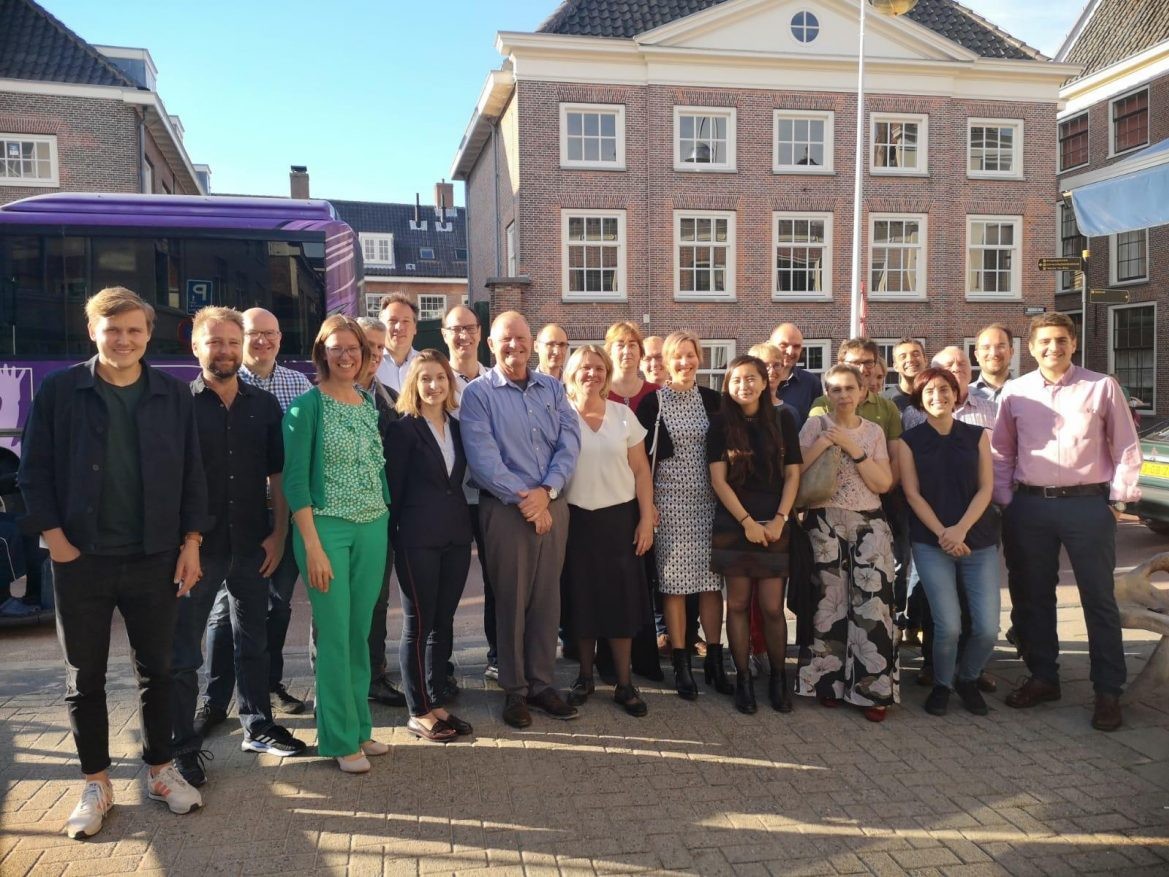PLAST2bCLEANED, A RECYCLING PROCESS FOR WEEE PLASTICS
PLAST2bCLEANED, a project funded by the European Union’s Horizon 2020 Research and Innovation Programme under Grant Agreement No. 821087, has officially started this past June with the aim of developing a recycling process for WEEE plastics in a technically feasible, environmentally sound and economically viable manner. To fulfil this aim, PLAST2bCLEANED will address the recycling of the most common WEEE plastics acrylonitrile butadiene styrene (ABS) and high impact polystyrene (HIPS) that contain up to 20wt% brominated flame retardants (BFR) and up to 5wt% of the synergist antimony trioxide (ATO). PLAST2bCLEANED will close three loops: (1) polymer, (2) bromine, and (3) ATO. The consortium working to achieve these project goals is lead by TNO and formed by Fraunhofer, Coolrec, ICL, Gaiker, Sustainable Innovations, Electrolux, Campine, Elix and Juchheim. The PLAST2bCLEANED Kick off meeting took place in Leiden (the Netherlands) on June 11 and 12. During two days all the consortium partners were able to present their responsibilities within the project.



